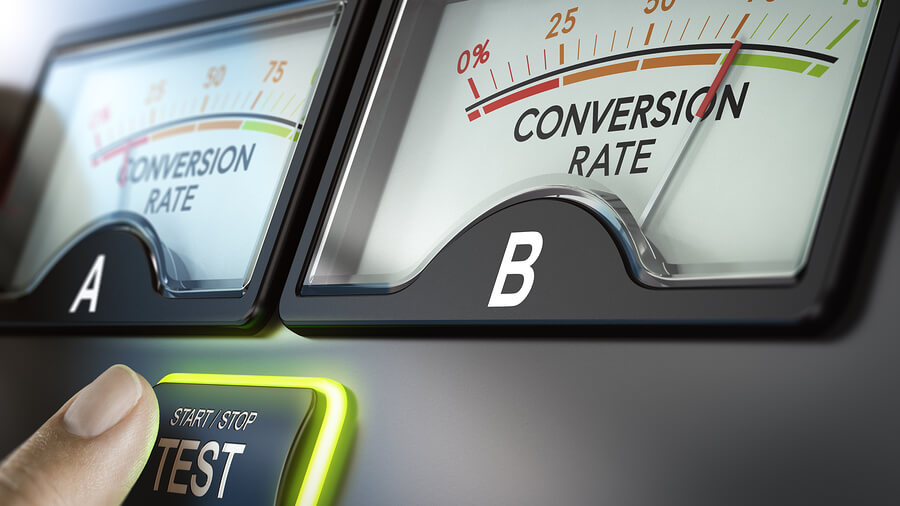
As a hotelier, you’re likely always looking for new strategies to increase your direct booking revenue.
NB: This is an article from CartStack
Abandoned booking recovery is one such strategy, but are you A/B split testing your recovery campaigns? A/B split testing is an important, though often overlooked, digital marketing strategy that will increase the effectiveness of your email recovery campaigns.
Hear the views of direct booking experts – Direct Booking & Website: Isn’t It Time We Were More Direct?!
Subscribe to our weekly newsletter and stay up to date
More effective email campaigns = more direct bookings.
Direct bookings are the Holy Grail of the hospitality industry: highly sought after though increasingly difficult to secure. This is often due to the popularity of online travel agencies (OTAs) like Expedia and Booking.com.
The problem for hotels is that online travel agencies take a commission on every booking. So, while they may drive more business to your hotel, they also eat into your profits.
However, through the use of A/B split testing you can increase direct bookings for your hotel. Even better, A/B testing can be done quickly and easily with the right tools.
By the end of this article, you’ll have a booking recovery campaign up and running to increase direct bookings for your hotel. But before we can tailor your campaign testing to increase direct bookings, we must first understand the basics of A/B split testing. Let’s break it down!
A/B Split Testing in a Nutshell
What is A/B split testing? Also called split run testing, it’s a method of marketing experimentation where you compare two versions of content (Version A and Version B) to see which one performs better with your target market.
Conducting an A/B split test involves sending two different versions of your email to a sample group of customers. The only difference between the two emails is whichever factor you’re testing for (eg. subject line, call to action, etc).
Traffic is split between the two versions of the email, with Version A being sent to half of the sample group and Version B sent to the other half. Real-time metrics for each email are then compared side-by-side for conversion rates, open rates and other important metrics.




